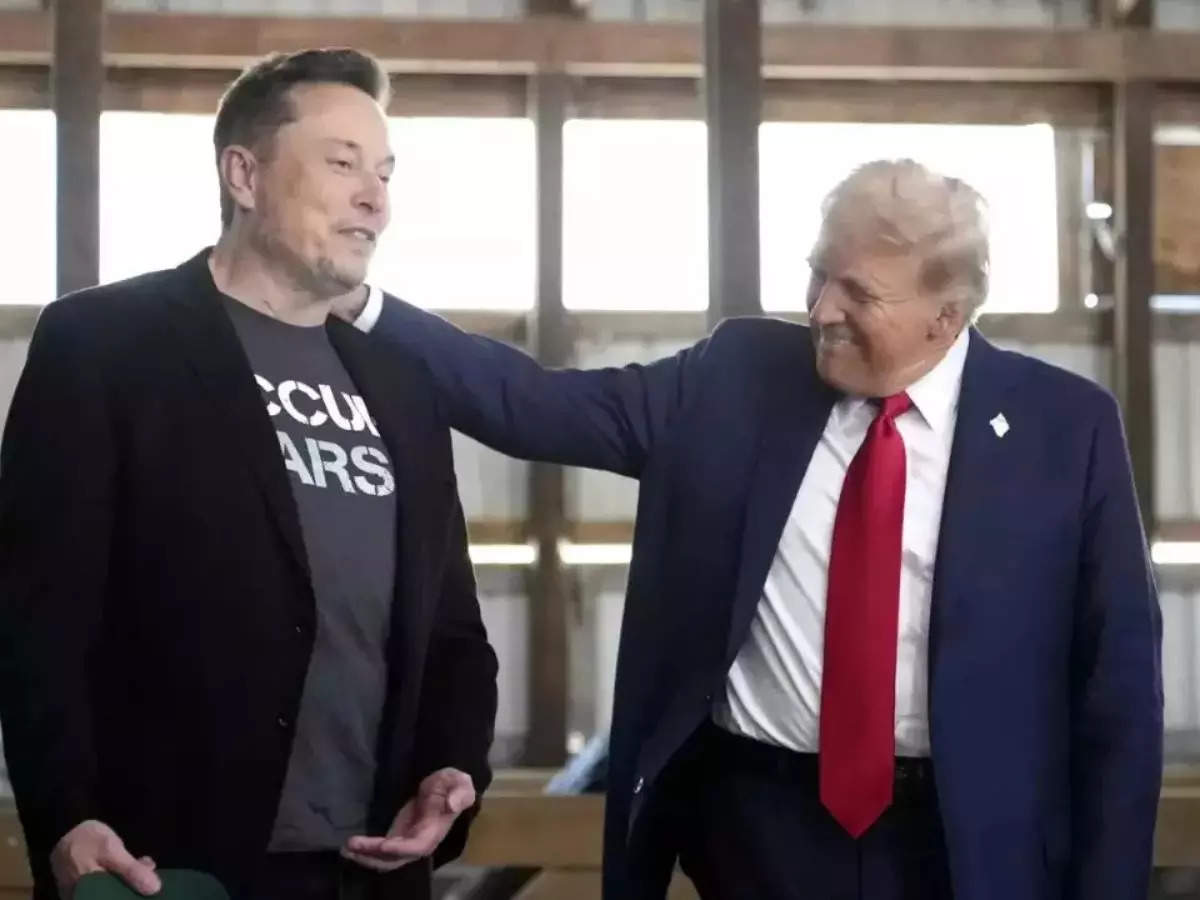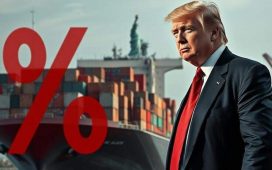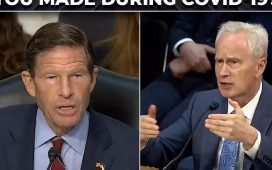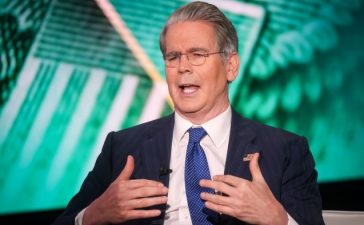
ELON MUSK
Appointed by Trump to spearhead an advisory group focused on improving U.S. governmental efficiency, Elon Musk possesses extensive business interests in China and has fostered close relationships with Chinese leadership during his tenure as CEO of Tesla. While he is not an official cabinet member, Musk could serve as a vital intermediary in discussions between the Trump administration and Beijing, having recently engaged with China’s Vice Premier Han Zheng in Washington. Tesla, which inaugurated a gigafactory in Shanghai in 2019, has benefited from billions in subsidies, loans, and tax incentives from the Chinese government—an unusual advantage for foreign companies that often face regulatory and market access challenges in China. Despite this support, Musk’s other enterprises, such as commercial rocket and satellite firm SpaceX and the social media platform X (which is blocked in China), are perceived by Beijing as security threats. Musk’s mother, Maye Musk, has featured in advertisements for various Chinese brands and is a prominent figure on Chinese social media, claiming to visit the country “nearly every month.”
DAVID PERDUE
Former Georgia Republican Senator David Perdue has been selected by Trump as the next U.S. ambassador to China. With a background that includes living in Hong Kong during his 40-year business career, Perdue has faced criticism from U.S. Democrats for having relied on outsourcing American manufacturing jobs to Asia during his time with companies like Reebok—a practice that Trump has condemned and vowed to eradicate. Some Chinese analysts harbor hopes that Perdue’s experience in Asia and his pragmatic approach could lead to a stabilization of the often-tense U.S.-China relationship. Nevertheless, during his Senate tenure from 2015 to 2021, Perdue was critical of China on multiple fronts, including trade, human rights, and defense issues, accusing Beijing of exacerbating military buildups and contributing to the decline of U.S. manufacturing jobs. He also backed Trump’s tariffs on over $300 billion worth of Chinese goods.
HOWARD LUTNICK
Howard Lutnick, named by Trump as the new Commerce Secretary, is the CEO of the Wall Street brokerage Cantor Fitzgerald and a staunch proponent of tariffs. However, his firm’s connections to China have come under intense scrutiny. One of his companies, BCG Group, operates a joint venture with the state-owned China Credit Trust, while Cantor Fitzgerald, which has offices in Hong Kong, facilitated the Nasdaq IPO of Chinese biotech firm Adlai Nortye in 2023. Critics have raised concerns that his financial ties to China could unduly influence his decisions while overseeing extensive U.S. export controls against China, particularly concerning sensitive technologies that Washington fears could be utilized by Beijing for military purposes. Lutnick has indicated that he would resign from his roles at Cantor and BCG if confirmed.
MIKE WALTZ
Incoming National Security Adviser Mike Waltz, a U.S. Army Special Forces veteran, has consistently taken a hardline stance on China, advocating for a U.S. boycott of the 2022 Beijing Winter Olympics due to alleged human rights abuses in Xinjiang. Earlier this month, he reiterated his commitment to strengthening U.S. regional security alliances as part of Washington’s Indo-Pacific strategy and ensuring continued arms sales to Taiwan. However, Waltz recently indicated a willingness to find common ground, suggesting that he would not dismiss the possibility of allowing continued Chinese ownership of TikTok, provided there are “firewalls” to safeguard U.S. data. Despite a law banning the Chinese-owned app over data security concerns, TikTok resumed services on Sunday after Trump indicated he would “save” access for its 170 million American users.
MARCO RUBIO
Marco Rubio, one of the Senate’s most vocal critics of China, has been confirmed as Secretary of State. He has faced sanctions from Beijing twice in 2020 as a result of his outspoken opposition to China’s alleged human rights violations in Xinjiang and its crackdown in Hong Kong. It remains uncertain whether these sanctions will be lifted when he assumes office, which currently prohibits his travel to China. Rubio co-sponsored the 2021 Uyghur Forced Labor Prevention Act, effectively banning most imports from Xinjiang. More recently, he has characterized Beijing as the “biggest threat” to American security, cautioning against China’s growing dominance over global supply chains.











